In recent times, SARS-CoV-2 has continuously mutated to create new variants, the latest being variant JN.1. According to the classification of the World Health Organization (WHO), JN.1 belongs to the group of variants of concern, which is the BA.2.86 sub-branch variant of Omicron. The number of Covid-19 cases in particular and other respiratory diseases in general is forecast to increase in the coming time, especially in countries entering winter, which may increase the number of cases requiring hospitalization.
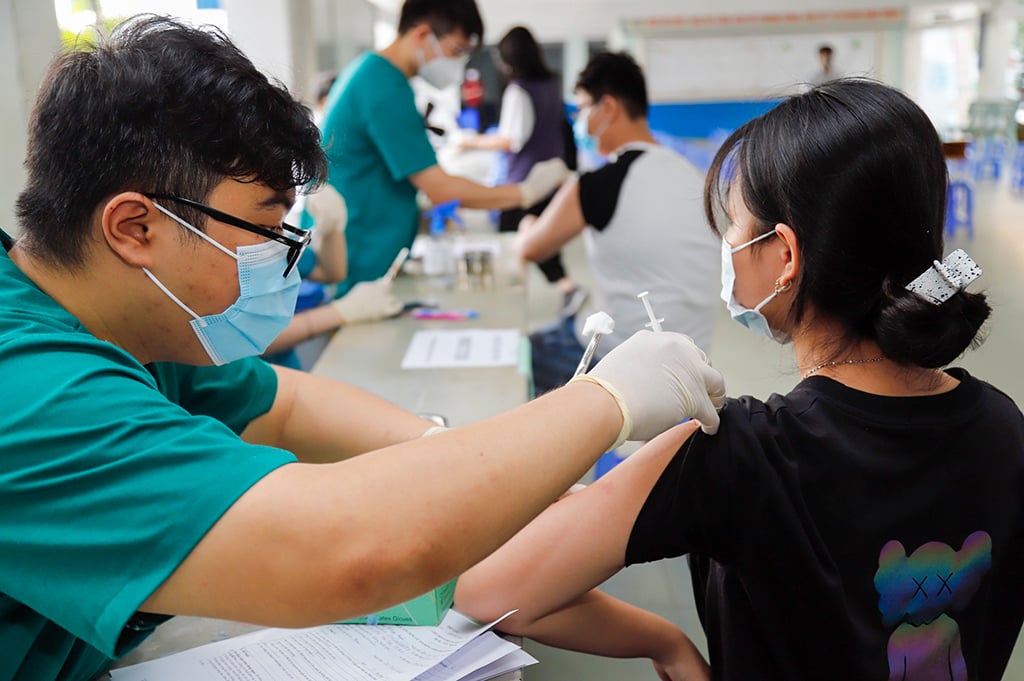
People get vaccinated against Covid-19 in Ho Chi Minh City
Based on changes in virus characteristics, transmission, severity, or effectiveness of vaccines, treatments, diagnostics, and social measures, WHO classifies SARS-CoV-2 variants into four groups: variants of concern, variants of concern, variants under surveillance, and variants of serious consequence.
In Vietnam, the Department of Preventive Medicine assessed that Covid-19 is still under control; the number of recorded cases is low, scattered in some localities and most have mild symptoms or no symptoms; the number of hospitalizations and the number of severe patients in treatment facilities is low.
Currently, the National Immunization Program of the National Institute of Hygiene and Epidemiology (Ministry of Health) is preserving more than 432,000 doses of Pfizer Covid-19 vaccine with an expiry date until September 2024. This vaccine is reserved for use in localities with outbreaks and high-risk groups (people with underlying diseases, people with immunodeficiency, the elderly, etc.). The Ministry of Health has requested localities to review and report on vaccine needs in 2024 to have a supply plan; the implementation of Covid-19 vaccination is updated with vaccination guidelines for target groups according to WHO recommendations.
Source link





![[Photo] Closing of the 11th Conference of the 13th Central Committee of the Communist Party of Vietnam](https://vstatic.vietnam.vn/vietnam/resource/IMAGE/2025/4/12/114b57fe6e9b4814a5ddfacf6dfe5b7f)
![[Photo] Overcoming all difficulties, speeding up construction progress of Hoa Binh Hydropower Plant Expansion Project](https://vstatic.vietnam.vn/vietnam/resource/IMAGE/2025/4/12/bff04b551e98484c84d74c8faa3526e0)



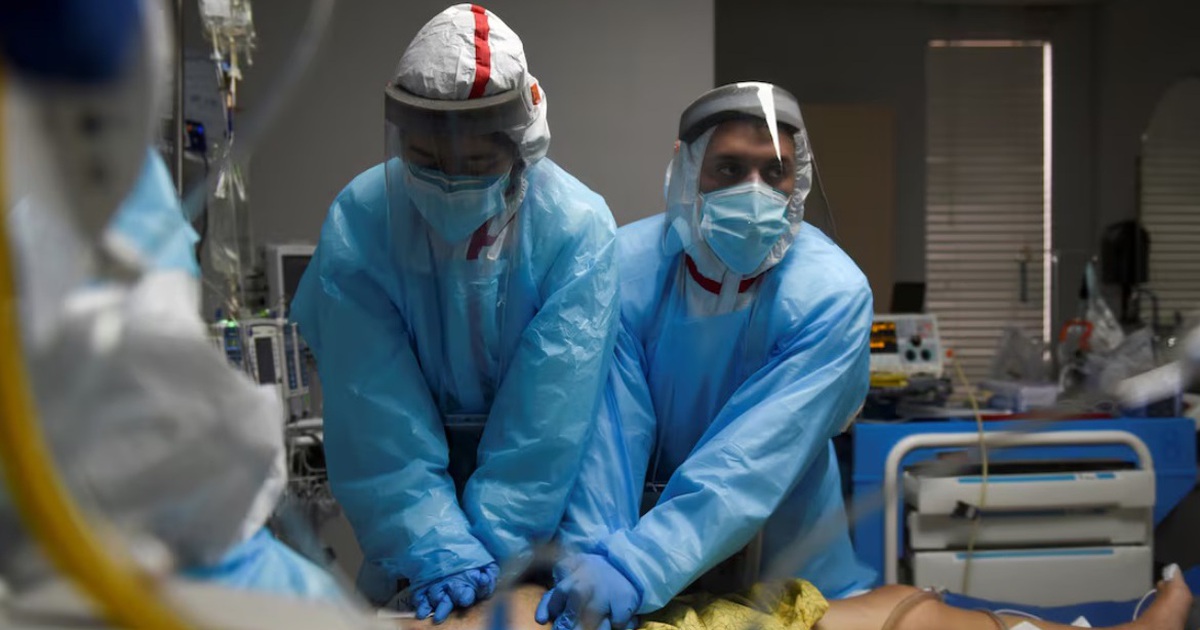







![[Video] First time in Vietnam: Successful implantation of 3rd generation partial artificial heart](https://vstatic.vietnam.vn/vietnam/resource/IMAGE/2025/4/12/8817412224094c68ba2c744b7bd5cfea)



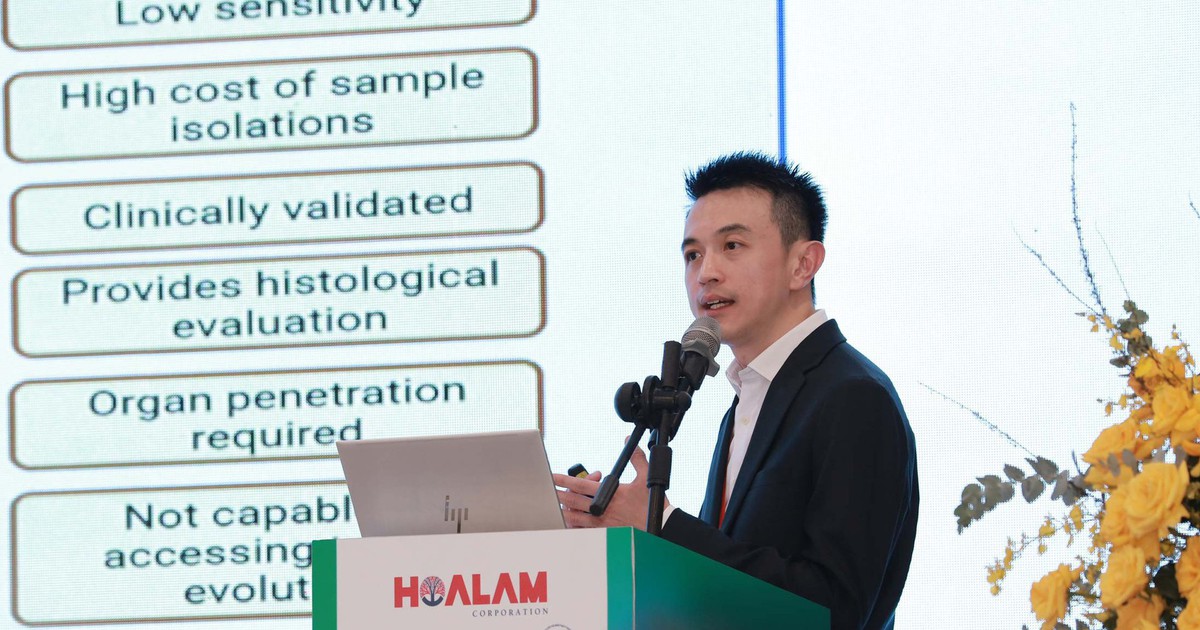



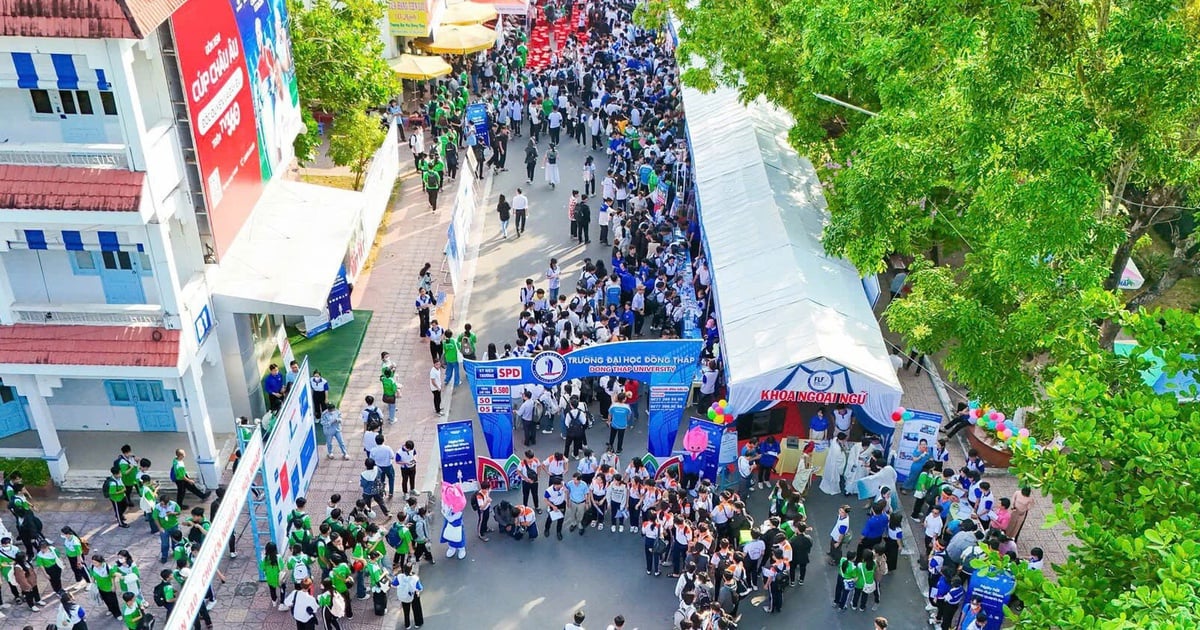




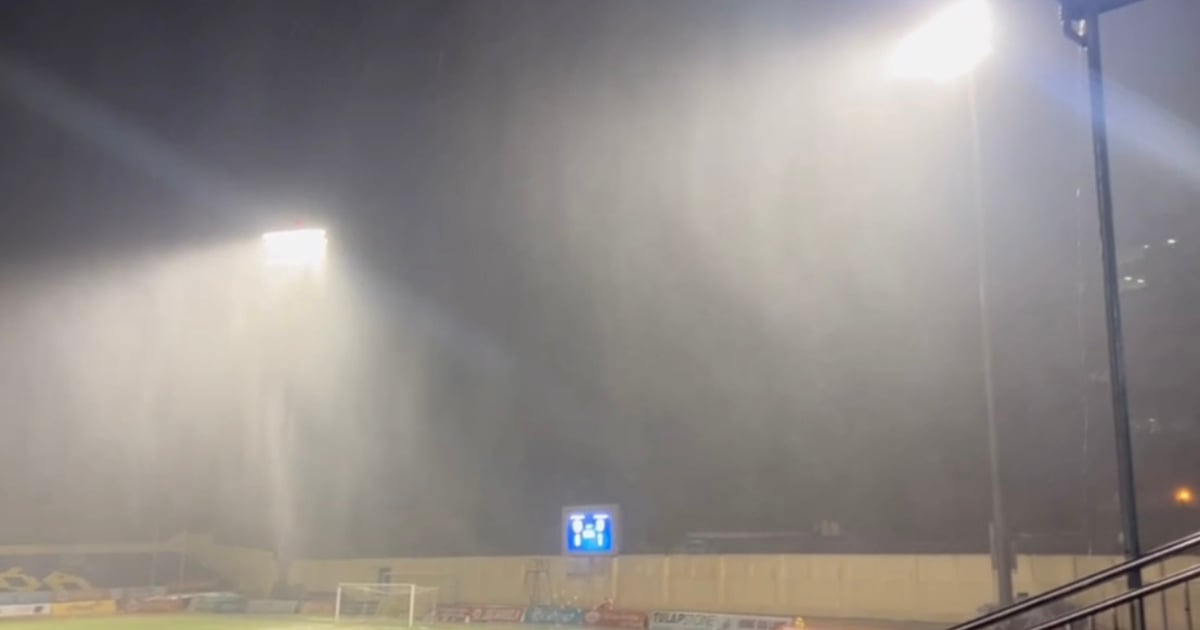











































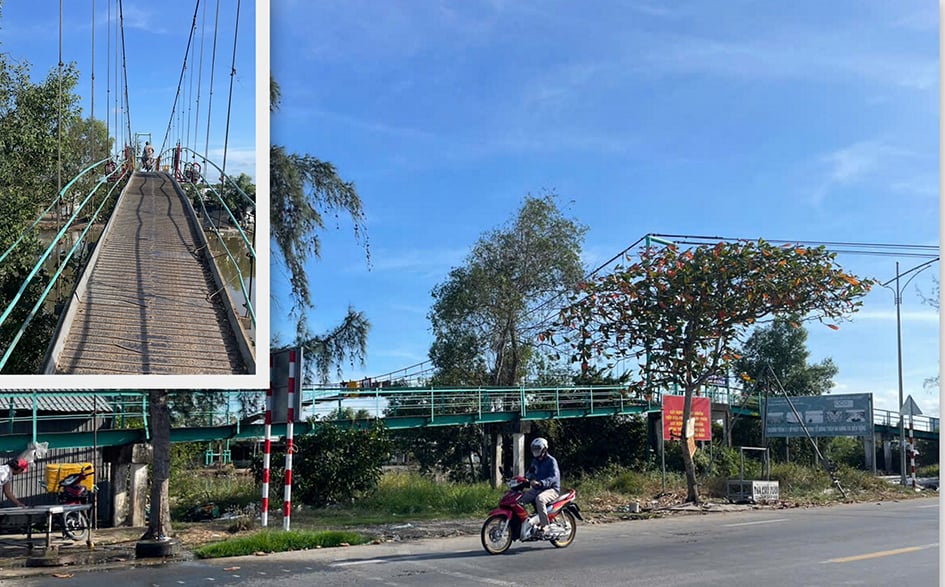




















Comment (0)